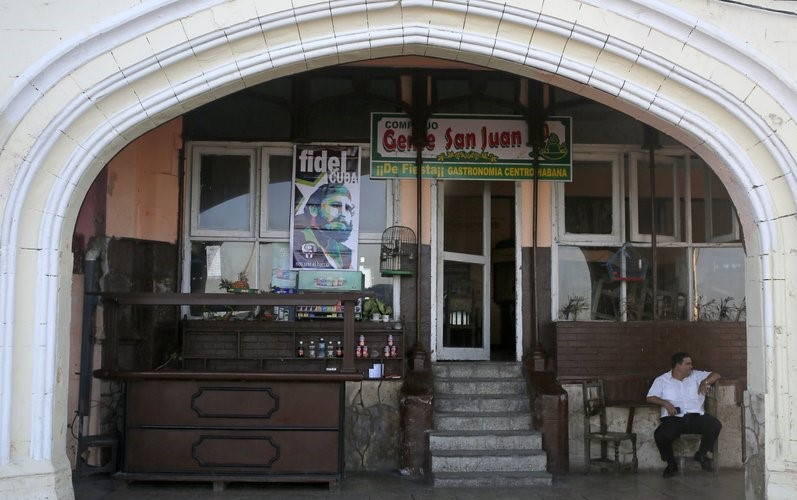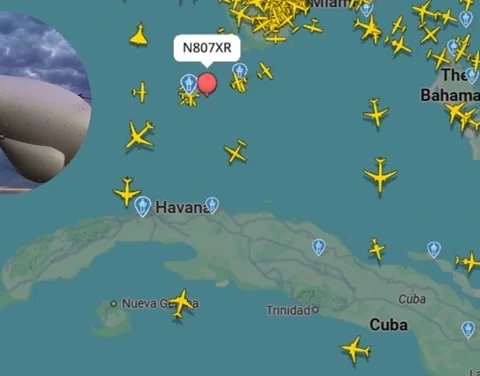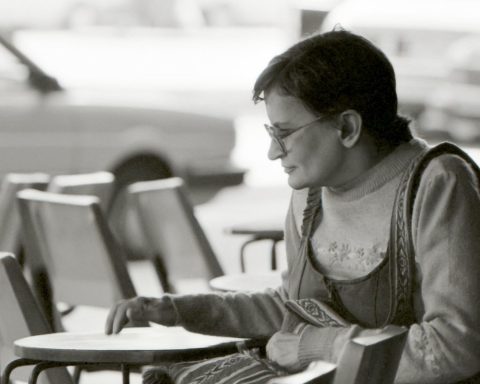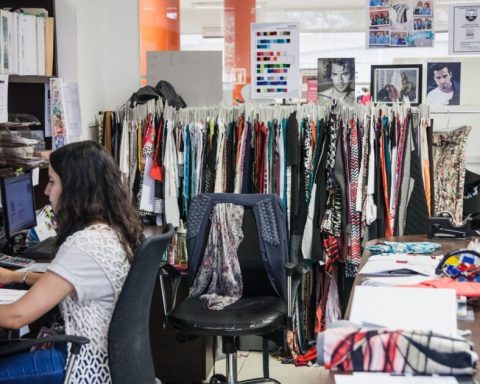Madrid Spain. — Says the official newspaper Granma that “the interest of foreign companies to invest in Cuba’s internal trade is growing”, and further on it recognizes that “only 16 foreign entities have been served by the Commercialization Group of Industrial Products and Services, after the relaxation of several regulations, measures and regulations in relation to foreign investment in the commerce sector”.
In other words, the regime’s policy to create and encourage wholesale and retail markets, not only for economic lines destined for the population, but also for intermediate goods that allow the reactivation of the economy, has been a failure, based on the figures reached. These 16 foreign entities do not even justify the opening of the administrative file. It is evident that foreign investment has not allowed itself to be trapped by the siren songs of the regime, and the problems of shortages in internal trade will continue to be a cause of discomfort and protests in the population.
The Cuban communists believe that authorizing retail marketing under the modality of joint ventures with foreign capital, and the creation of joint ventures with 100% foreign capital in the case of the wholesale sector, will solve the serious problems of trade in Cuba. They have no idea.
The chaos and inefficiency in commercial distribution created after the confiscations of the intermediary sector shortly after the Revolution began, have given rise to an unproductive system incapable of meeting social demands. This is not the way to create and encourage wholesale and retail markets, not only economic lines destined for the population; but of intermediate goods that allow the reactivation of the economy.
For distribution markets to work, to make sense, what must first be achieved is that there are marketable goods and products. You have to build the house from the foundations, not starting with the roof.
highlights Granma that interested investors come from countries as diverse as Vietnam, the United Arab Emirates, Canada, Russia, Spain, Italy, India, Argentina and Uruguay. This reality confirms two things: first, that Cuba is not embargoed or blocked, but when the reality of the country is known, investors flee, because when comparing the situation on the Island with that of their countries of origin, they do not find a single common trait; the second, that there has been no success in finding markets for the wholesale and retail distribution of cheap goods, not to mention the logistics operations of dry and refrigerated foods, which are more complex.
The regime shows its satisfaction with the approval of some immediate projects, but precipitation is never good in these cases, even more so when starting from very low levels of food products to be marketed that are not in the country, demanding a level of import which, with the current shortage of foreign exchange, is impracticable. Then there are the pharaonic projects that end up being a failure, such as the so-called “Great Ironmonger” for wholesale marketing, which they say will allow MSMEs to acquire resources and products to develop their businesses. Why only MSMEs? The conception of this commercial policy is erroneous, because without sufficient national production, everything else is superfluous.
In reality, the interest of the regime to catch this type of foreign investment projects is not aimed at promoting national industry and meeting the needs of the population, but rather it is one more instrument to collect and control foreign currency destined for the state coffers. Foreign businessmen want to incorporate national productions into their projects to reduce the costs of transporting goods, but they come up against the limitations of the productive supply.
In other words, the desired “chaining of the different actors in the economy with foreign companies” is not achieved in this way, due to the obstacles and obstacles that the regime imposes on national production. Without eliminating these obstacles, the Cuban economy will not be able to reactivate and generate enough supply so that wholesale and retail commercial distribution can operate profitably. The patches don’t work.
OPINION ARTICLE
The opinions expressed in this article are the sole responsibility of the issuer and do not necessarily represent the opinion of CubaNet.
Receive information from CubaNet on your cell phone through WhatsApp. Send us a message with the word “CUBA” on the phone +525545038831, You can also subscribe to our electronic newsletter by giving click here.

















